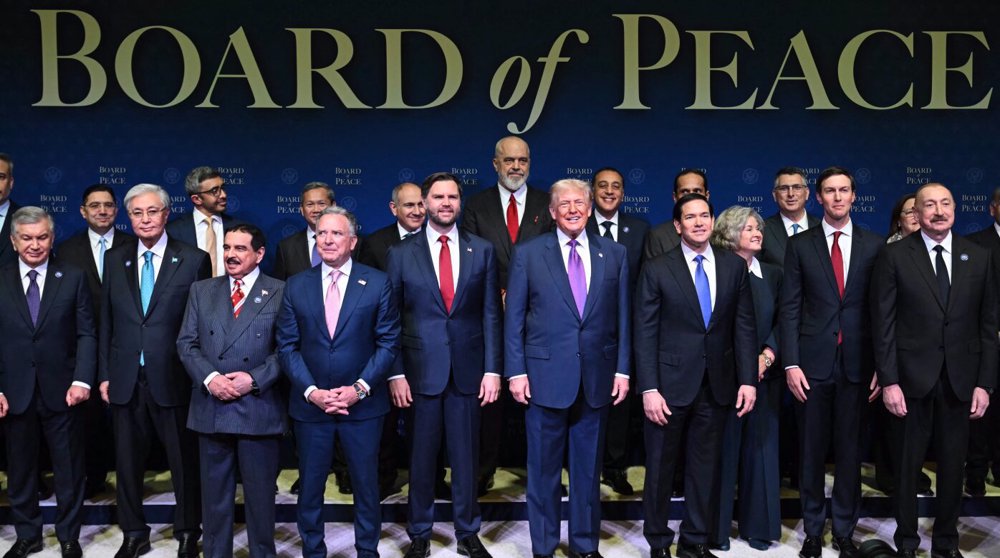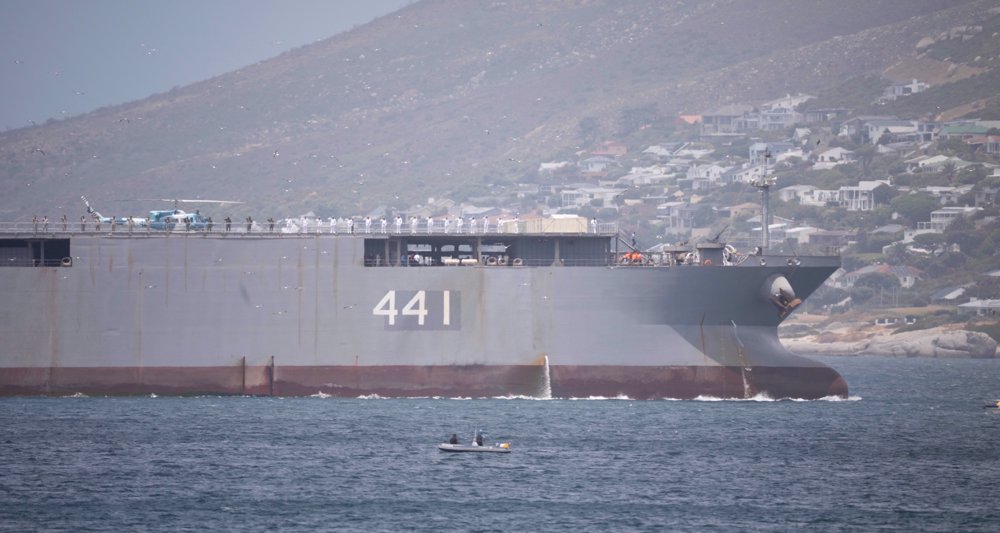Northern Ireland election, the aftermath
Saeed Pourreza
Press TV, Belfast
A historical win for the nationalists Sinn Fein in a divided nation. A Republican party that aspires to a United Ireland upending a century of dominance by parties dedicated to the remaining part of the UK.
An Irish reunification isn’t imminent -- many voters were swayed by more urgent concerns: All over the capital Belfast reminders of a tumultuous past; a wall that continues to separate Catholic neighborhoods from Protestant ones, or this mural of hunger striker Bobby Sands.
Sinn Fein was once the political face of the Irish Republican Army that fought the British army and pro-British loyalist paramilitaries for decades known as the Troubles. Its electoral success has worried many unionists, who already feel marginalized by the Westminster's handling of the Brexit with the EU and a new trade border in the Irish Sea that they say undermines Northern Ireland’s position within the UK.
It's unclear whether the Democratic Unionist Party leader will serve as deputy first minister behind Sinn Fein’s Michelle O’neal. Jeffrey Donaldson says he wants the sea border protocol gone. There is also a question mark over the future of the Union.
The Queen has made a pledge to prioritize support for the Good Friday Agreement, and to bring forward legislation on the legacy of the Troubles. Yet some believe the Union will soon be no more; and with that comes deep uncertainty over political stability in the short term and longer term questions about the future of Northern Ireland itself.
Iraqi resistance leader urges Americans to ‘reclaim’ country from Israeli ‘puppet Trump
Iran blasts US-Israeli use of autonomous killer systems against civilians as 'war crime'
US-Israeli aggression left Tehran with no choice but to defend Itself: President Pezeshkian
Iran urges immediate intl. action against US attacks on schools
Iraq won’t allow terror groups to cross border into Iran: Security official
Iran’s security chief: Does America come first or Israel with 500 US soldiers killed?
Iran warns all Israeli embassies ‘legitimate targets’ if Lebanon embassy attacked
IRGC pounds bases of anti-Iran terrorist groups in Iraqi Kurdistan









 This makes it easy to access the Press TV website
This makes it easy to access the Press TV website